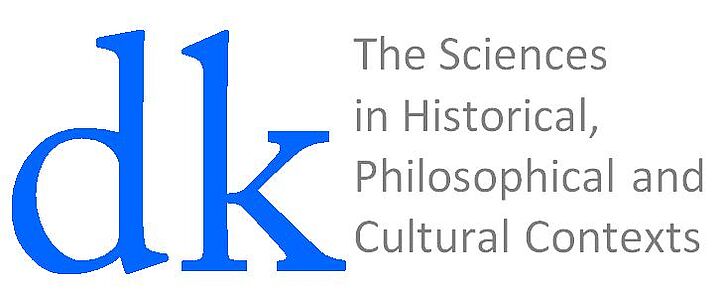Mittwoch, 26. April 2017, 15:00 - 16:30 iCal
Guest lecture Prof. Ulrike Felt
(Anti)Nuclear Times: Austria’s anti-nuclear position and its relation to national identity building
Hs. 3E des Neuen Institutsgebäudes (NIG)
Universitätsstraße 7, 1010 Wien
Vortrag
On March 22, 2011, during the Austrian National Assembly debate on “Current Perspectives on Austrian and European Energy Politics after Fukushima,” the Austrian chancellor affirmed “that probably nobody in the Austrian parliament would give a speech in favor of nuclear technology.” And he insisted that it is “an obligation for Austria” to continue “stand[ing] up against the nuclear lobbies, [. . .]—in particular because we had a clear vote of the population in Austria against nuclear energy in 1978 and we have made ourselves Europe’s spokesperson for not enforcing nuclear energy as a future technology.”
This extract from the parliamentary protocol forms the starting point of my paper, which will invite to reflect on how it became possible to make such a clear, affirmative statement which would find agreement and support across all political parties and be publicly recognized as the Austrian position towards nuclear energy. Using “sociotechnical imaginaries” (Jasanoff 2015) as a core sensitizing concept, I wish to draw attention to the close entanglement of technological developments and preferred ways of living and social order in any given society. While imagination more generally speaking is a key-field of social practices, as well as an important element in negotiations between how we can act and more broadly defined fields of the possible, speaking of a sociotechnical imaginary focuses more narrowly at “collectively held, institutionally stabilized, and publicly performed visions of desirable futures performed through science and technology.”
The presentation will show that in order to understand how Austria’s anti-nuclear position could become a core element of the nation’s technopolitical identity, we need not only to study the events around the 1978 referendum on nuclear energy (Zwentendorf). Rather we have to carefully trace the different kinds of work needed after the referendum to transform the fragile outcome of the vote into a robust and stable sociotechnical imaginary of anti-nuclearity.
Ulrike Felt is Professor of Science and Technology Studies at the University of Vienna.
Veranstalter
Doktoratskolleg "Naturwissenschaften im historischen, philosophischen und kulturellen Kontext"
Kontakt
Mag. Mag. Mag. Ramon Pils, DipTrans
Institut für Geschichte
01 4277 40872
dksciences.geschichte@univie.ac.at
Erstellt am Donnerstag, 13. April 2017, 17:11
Letzte Änderung am Mittwoch, 19. April 2017, 08:39

